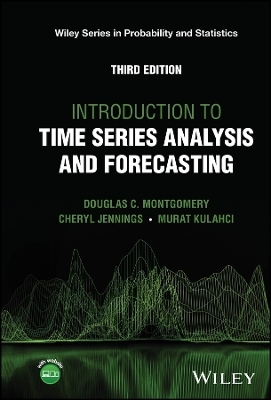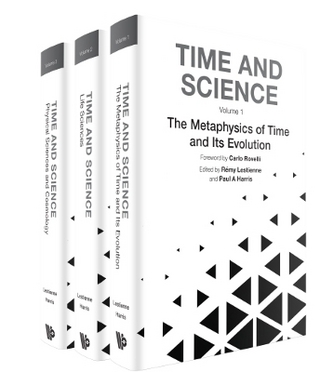
Telling Time
Clocks, Diaries, and English Diurnal Form, 1660-1785
Seiten
1997
University of Chicago Press (Verlag)
978-0-226-75276-1 (ISBN)
University of Chicago Press (Verlag)
978-0-226-75276-1 (ISBN)
- Titel ist leider vergriffen;
keine Neuauflage - Artikel merken
In this text, Stuart Sherman argues that innovations in prose emerged simultaneously with the 17th-century revolution in clock technology, enabling authors to recount the new kind of time by which England was learning to live and work.
A revolution in clock technology in England during the 1660s allowed people to measure time more accurately, attend to it more minutely, and possess it more privately than previously imaginable. In this text, Stuart Sherman argues that innovations in prose emerged simultaneously with this technological breakthrough, enabling authors to recount the new kind of time by which England was learning to live and work. Through readings of Samuel Pepys's diary, Joseph Addison and Richard Steele's daily "Spectator", the travel writings of Samuel Johnson and James Boswell and the novels of Daniel Defoe and Frances Burney, Sherman traces the development of a new way of counting time in prose - the diurnal structure of consecutively dated installments - within the cultural context of the daily institutions that gave it form and motion.
A revolution in clock technology in England during the 1660s allowed people to measure time more accurately, attend to it more minutely, and possess it more privately than previously imaginable. In this text, Stuart Sherman argues that innovations in prose emerged simultaneously with this technological breakthrough, enabling authors to recount the new kind of time by which England was learning to live and work. Through readings of Samuel Pepys's diary, Joseph Addison and Richard Steele's daily "Spectator", the travel writings of Samuel Johnson and James Boswell and the novels of Daniel Defoe and Frances Burney, Sherman traces the development of a new way of counting time in prose - the diurnal structure of consecutively dated installments - within the cultural context of the daily institutions that gave it form and motion.
Preface Acknowledgments 1: Tick, Tick, Tick: Chronometric Innovation and Prose Form 2: "In The Fullness of Time": Pepys and His Predecessors 3: "With My Minute Wach in My Hand": The Diary as Time Keeper 4: "To Print My Self Out": Correspondence and Containment in the Spectator and Its Predecessors 5: Travel Writing and the Dialectic of Diurnal Form 6: Diurnal Dialectic in the Western Islands 7: Defoe and Burney: The Unmaking of the Diurnal in the Making of the Novel Epilogue Notes Index
| Erscheint lt. Verlag | 24.2.1997 |
|---|---|
| Reihe/Serie | Emersion: Emergent Village resources for communities of faith |
| Sprache | englisch |
| Maße | 16 x 23 mm |
| Gewicht | 624 g |
| Themenwelt | Geschichte ► Hilfswissenschaften ► Chronologie |
| Geschichte ► Teilgebiete der Geschichte ► Kulturgeschichte | |
| Geisteswissenschaften ► Sprach- / Literaturwissenschaft ► Anglistik / Amerikanistik | |
| Naturwissenschaften ► Physik / Astronomie ► Astronomie / Astrophysik | |
| Technik | |
| ISBN-10 | 0-226-75276-3 / 0226752763 |
| ISBN-13 | 978-0-226-75276-1 / 9780226752761 |
| Zustand | Neuware |
| Haben Sie eine Frage zum Produkt? |
Mehr entdecken
aus dem Bereich
aus dem Bereich
Buch | Hardcover (2024)
John Wiley & Sons Inc (Verlag)
139,95 €


